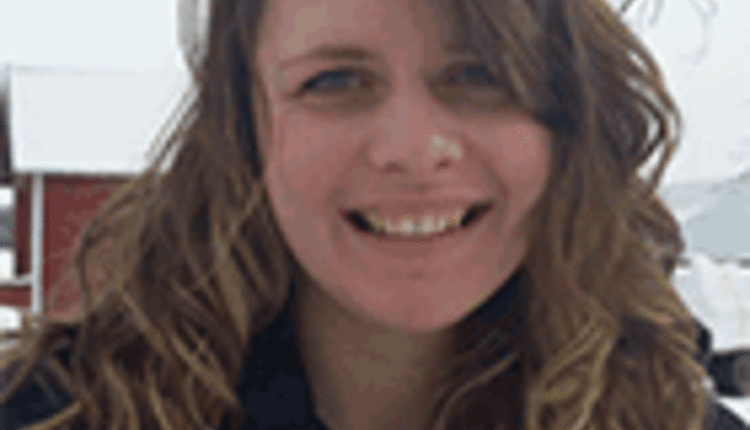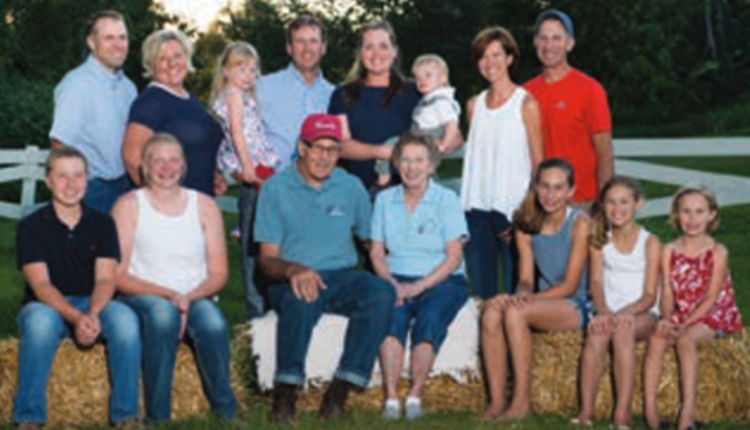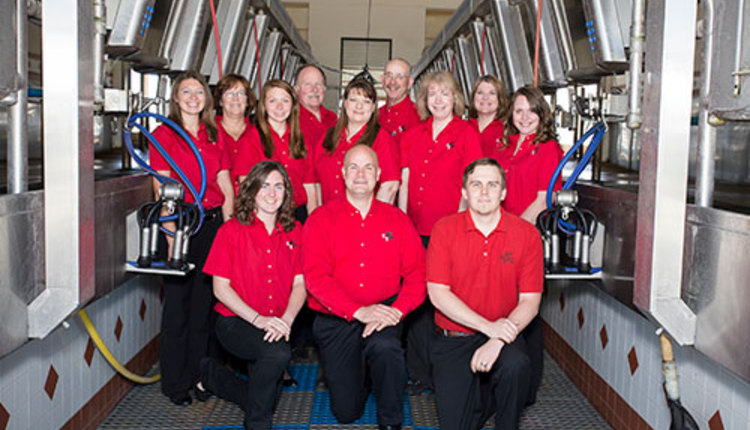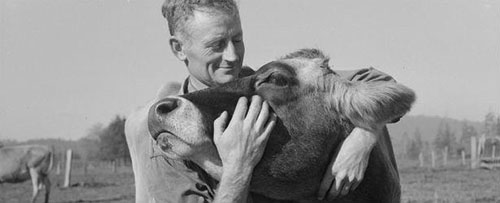
My Aunt Lois – my dad's youngest sister – had a very special friendship with one of the cows on our family's farm. She was a big white Holstein named Creamy, and she was as mild as a lamb. Aunt Lois told me how, as a little girl, she would braid Creamy's tail and tell the sweet, gentle bovine all her secrets. Creamy was more than just a cow to my aunt; she was a trusted friend.
According to the American Psychological Association, there are numerous benefits to owning animals. In a 2011 article, psychologists at Saint Louis University and Miami University discovered that pet owners had greater self-esteem, were in better physical shape, less lonesome and less fearful and preoccupied than people who didn't own pets. Having a sense of responsibility not only keeps people busy, but also helps them feel better about themselves as they see another living creature thriving as a result of its human's actions.
While the researchers studied small animal owners, the findings can be extrapolated to dairy farmers as well. After all, our cows are the reason we get out of bed so early in the morning – and often get to bed very late at night. If we didn't like cows, we wouldn't devote our lives to them. Not only are our incomes tied to their well-being, but so are our identities – farms are more than just a business, but a way of life, and sometimes we forget to tell those outside of agriculture that our creatures mean more than just money to us.
A prime example of this special human-cow relationship would be Levi Kindschi of Loganville, Wis. He grew up showing Holstein cattle until he was chosen as the 2015 Wisconsin Guernsey Association Sponsors Essay Calf Contest. He became the proud owner of Jens Gold Dandy Ohum Bug, otherwise simply known as Bug, and that calf has had a very positive impact on Levi's life.
"I've showed Holsteins all my life, but I can't imagine life without Bug now," Levi said. "She is my best friend."
Every one of us in the dairy industry can relate to stories about cattle like Creamy and Bug because we've been there before. We tend to our animals not just because we have to or because we are expected to; we do it because we genuinely care about them. Our animals make us laugh, they make us angry, they make us cry . . . but more than anything, they make us happy.
The next time you are engaged in dialogue with someone who doesn't understand animal agriculture, don't tell him or her that you take care of your animals because your incomes depend on them. Let them know that your animals are more than moneymakers; they are friends and family.
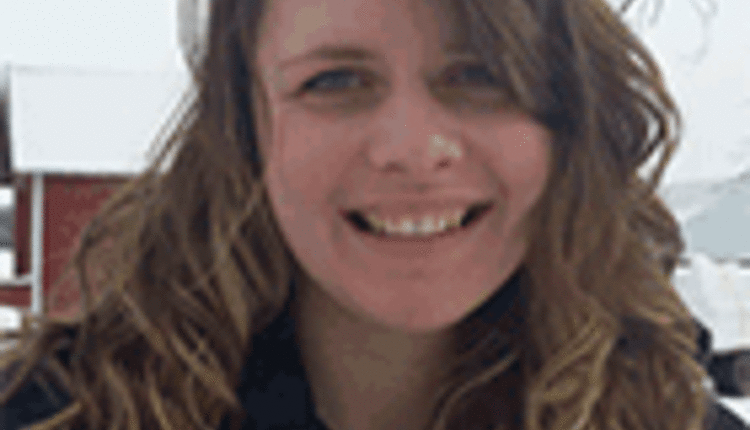
The author is a senior at the University of Wisconsin-River Falls, majoring in agricultural marketing communications. She is the 27th Hoard's Dairyman editorial summer intern.






